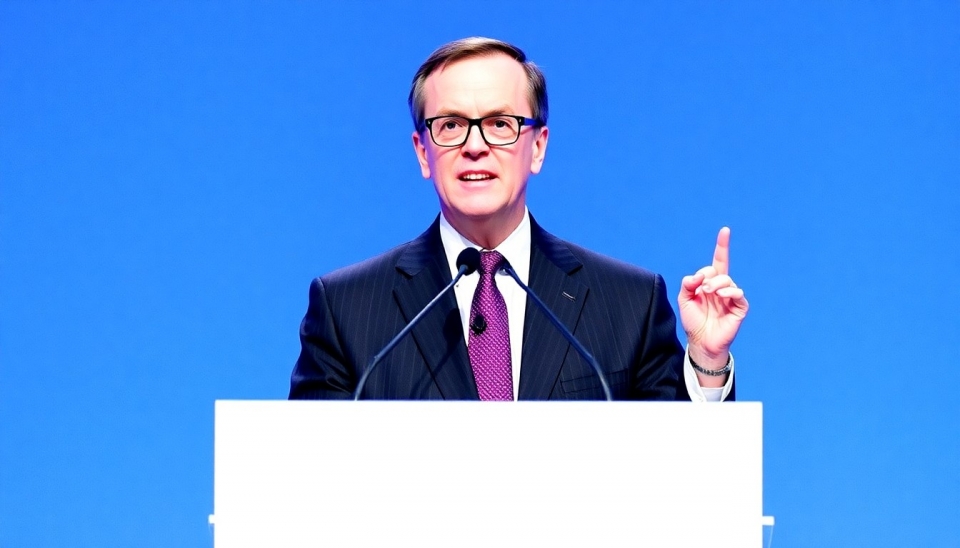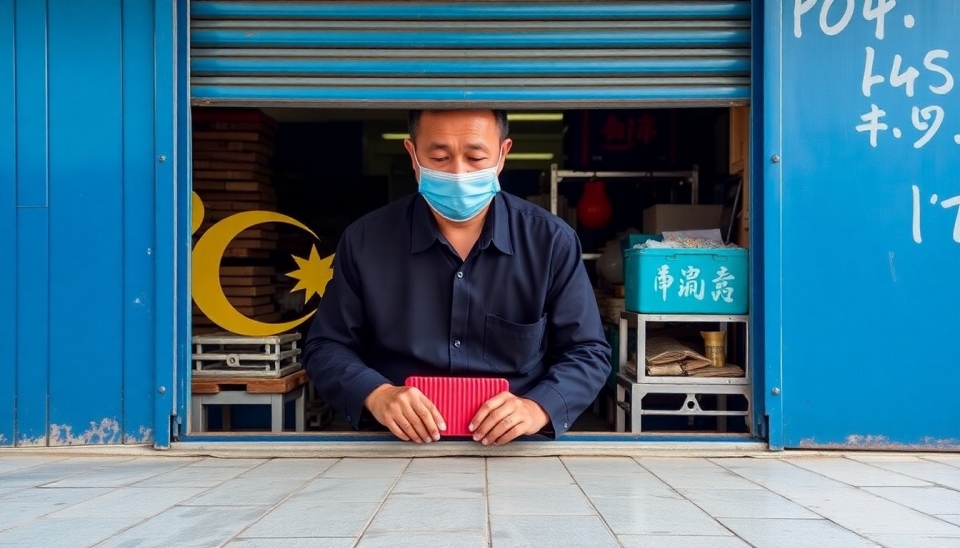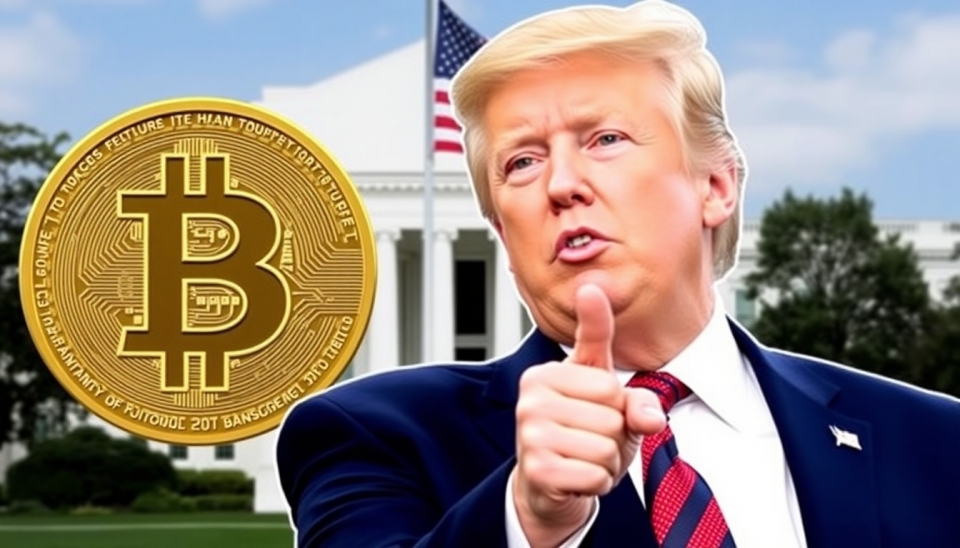
In an intriguing development regarding international trade, Francois Villeroy de Galhau, the governor of the Banque de France and a key figure in the European Central Bank (ECB), has urged former President Donald Trump to reconsider his confrontational approach to trade policies. Villeroy characterized Trump's tactics as a "lose-lose game" that could jeopardize economic stability for both the United States and its trading partners.
This call comes in light of the persistent trade tensions that have marked recent years, particularly during Trump's presidency from 2017 to 2021. Villeroy's comments reflect a growing concern among global economic leaders about the long-term impacts of trade wars, tariffs, and protectionist policies.
At an economic forum held in Paris, Villeroy emphasized the importance of collaborative trade relationships that benefit all parties involved. He pointed out that a mutually beneficial approach to trade could lead to increased economic growth, job creation, and innovation. By contrast, he argued that escalating trade conflicts only serve to create uncertainty and resentment among nations, which ultimately harms consumers and businesses alike.
The governor's remarks also touched on the potential repercussions of trade disputes, noting that they could lead to higher prices for consumers and increased volatility in global markets. Villeroy pointed to the ongoing supply chain disruptions exacerbated by trade tensions, urging policymakers to find common ground rather than contributing to an environment of competition that could spiral out of control.
Villeroy's appeal is particularly poignant given the context of ongoing negotiations and economic dialogues between the U.S. and the European Union. With both sides looking to establish a more stable economic framework, Villeroy believes that a shift away from aggressive trade tactics is essential for fostering a more collaborative global economy.
The call to action resonates in the face of a rapidly changing global economic landscape where the roles of major economies are shifting. As countries increasingly seek to redefine their trade policies, the need for strategic and adaptive approaches that embrace cooperation over conflict has never been more critical.
As discussions about trade policy continue to evolve, it remains to be seen whether Trump's response will align with Villeroy's recommendations or if he will persist with his confrontational stance. The impact of these decisions will undoubtedly have far-reaching consequences, not just for the U.S. and Europe, but for the global economy as a whole.
In conclusion, Villeroy's comments serve as a crucial reminder of the interconnectedness of world economies and the importance of fostering relationships based on trust and mutual benefit rather than conflict. As the dialogue around trade continues, it will be vital for leaders to prioritize collaboration and innovation over division and retaliation.
#Trade #Economy #Trump #Villeroy #GlobalEconomy #Cooperation #EuropeanCentralBank
Author: Liam Carter




